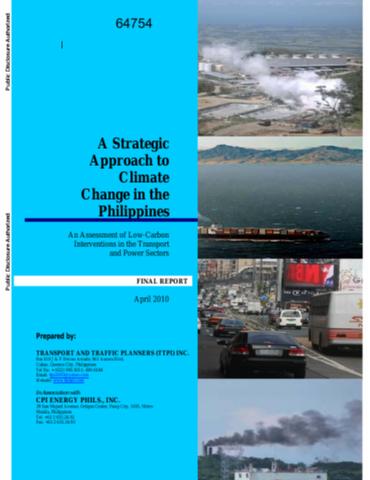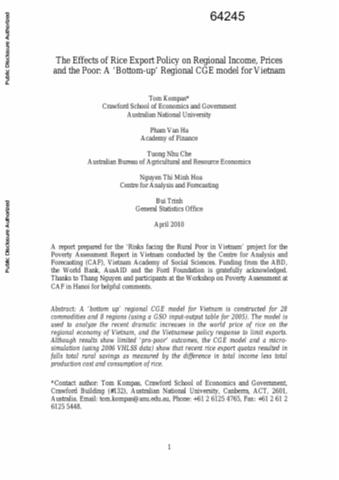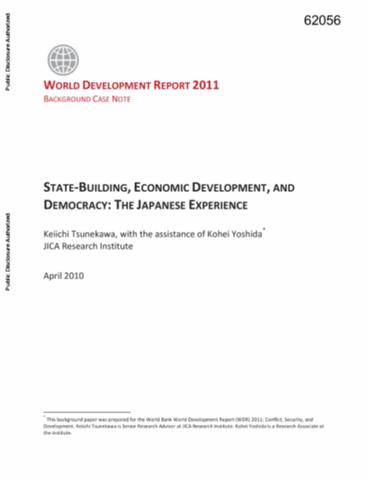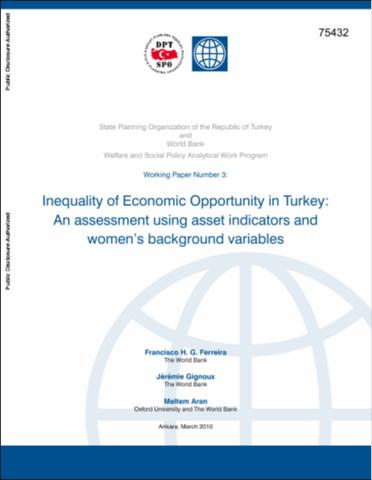The World Bank is a vital source of financial and technical assistance to developing countries around the world. We are not a bank in the ordinary sense but a unique partnership to reduce poverty and support development. The World Bank Group has two ambitious goals: End extreme poverty within a generation and boost shared prosperity.
- To end extreme poverty, the Bank's goal is to decrease the percentage of people living on less than $1.25 a day to no more than 3% by 2030.
- To promote shared prosperity, the goal is to promote income growth of the bottom 40% of the population in each country.
The World Bank Group comprises five institutions managed by their member countries.
The World Bank Group and Land: Working to protect the rights of existing land users and to help secure benefits for smallholder farmers
The World Bank (IBRD and IDA) interacts primarily with governments to increase agricultural productivity, strengthen land tenure policies and improve land governance. More than 90% of the World Bank’s agriculture portfolio focuses on the productivity and access to markets by small holder farmers. Ten percent of our projects focus on the governance of land tenure.
Similarly, investments by the International Finance Corporation (IFC), the World Bank Group’s private sector arm, including those in larger scale enterprises, overwhelmingly support smallholder farmers through improved access to finance, inputs and markets, and as direct suppliers. IFC invests in environmentally and socially sustainable private enterprises in all parts of the value chain (inputs such as irrigation and fertilizers, primary production, processing, transport and storage, traders, and risk management facilities including weather/crop insurance, warehouse financing, etc
For more information, visit the World Bank Group and land and food security (https://www.worldbank.org/en/topic/agriculture/brief/land-and-food-security1
Resources
Displaying 4671 - 4675 of 4907A Strategic Approach to Climate Change in the Philippines
Globally, the Philippines is a minor emitter of greenhouse gases (GHGs), but cost-effective mitigation present opportunities that should be captured, noting that the country is one of the signatory member states to the 1992 United Nations Framework Convention on Climate Change (UNFCCC) and its Kyoto Protocol. The country accounts for less than 0.3 percent of global GHG emissions in 2004.4 However, emissions are on the rise from both energy-use and land-use changes.
The Effects of Rice Export Policy on Regional Income, Prices and the Poor
A 'bottom up' regional Computable General Equilibrium Model (CGE) model for Vietnam is constructed for 28 commodities and 8 regions (using a GSO input-output table for 2005). The model is used to analyze the recent dramatic increases in the world price of rice on the regional economy of Vietnam, and the Vietnamese policy response to limit exports.
State-Building, Economic Development, and Democracy
The remolding of the state from an autocratic to a democratic one in postwar Japan is sometimes regarded as a successful case of external intervention for state-building. When Americans landed in Japan two weeks after Japan's acceptance of unconditional surrender, they expected to meet a fanatic and intransigent people. Instead they were surprised by the orderly and peaceful behavior of Japanese soldiers and citizens (Tamaki 2005, 13-20).
Women, State Law and Land in Peri-Urban Settlements on Guadalcanal, Solomon Islands
This paper provides a brief overview of the intersection of state and customary laws governing land in peri-urban settlements around Honiara, focusing on their impact upon landowners, particularly women landowners. It suggests that the intersection of customary and state legal systems allows a small number of individuals, predominantly men, to solidify their control over customary land. This has occurred to the detriment of many landowners, who have often found themselves excluded from both decision-making processes and the distribution of financial benefits from the use of land.
Inequality of Economic Opportunity in Turkey
Using information on asset ownership, housing quality, and access to services to construct an indicator of household wealth, the author estimates the share of inequality among prime-age Turkish women that can be attributed to unequal opportunities. Both parametric and non-parametric estimation methods are used, and robustness to some sample redefinitions is verified. The author find that at least one-third (one-fourth) of overall wealth (imputed consumption) inequality in Turkey is associated with morally irrelevant, pre-determined circumstances.










